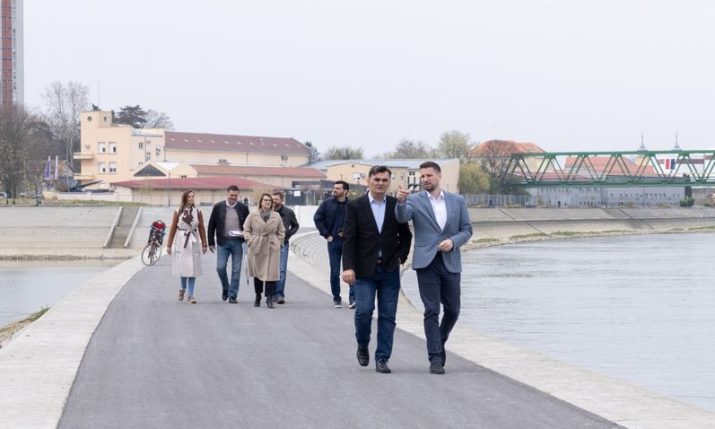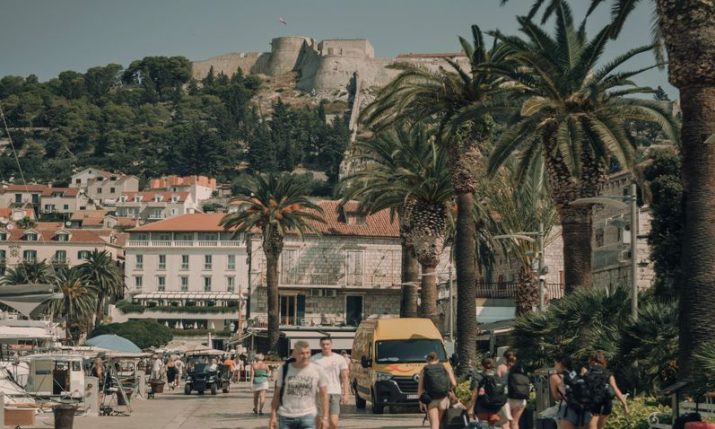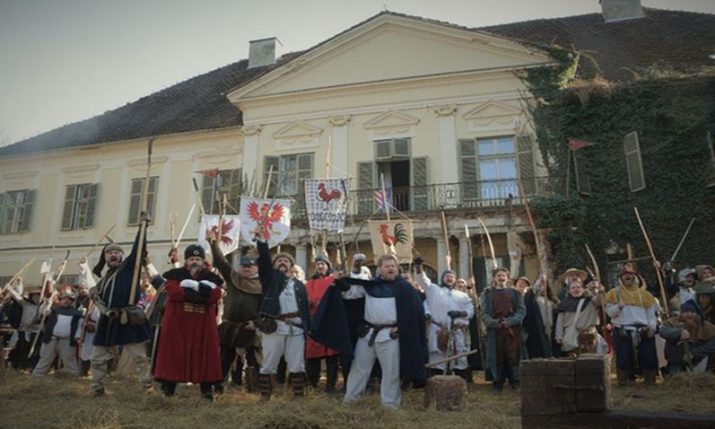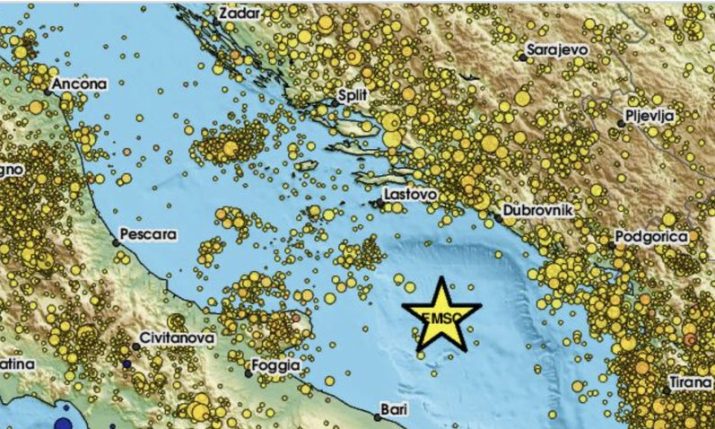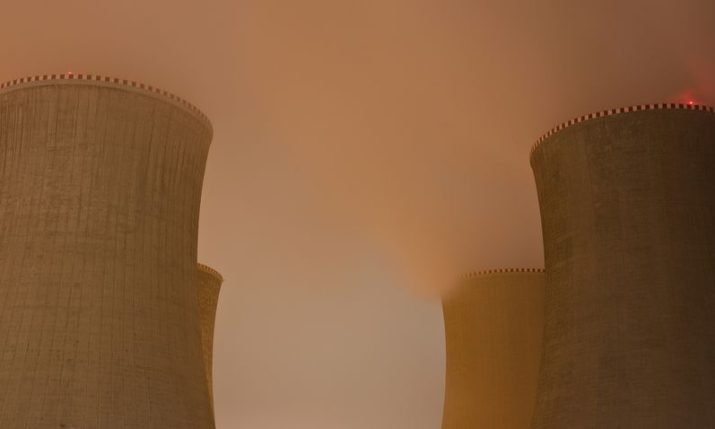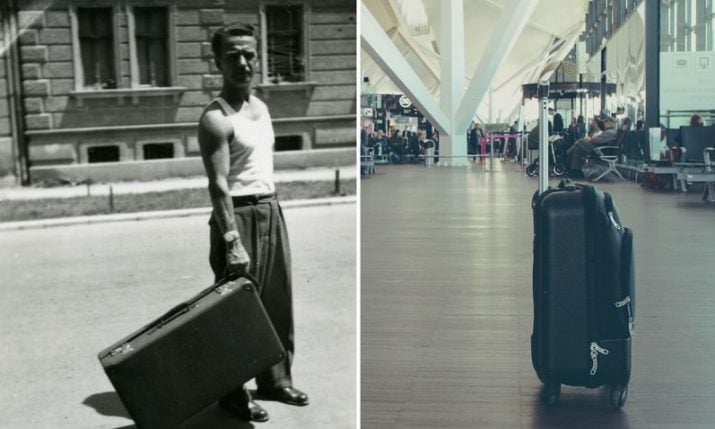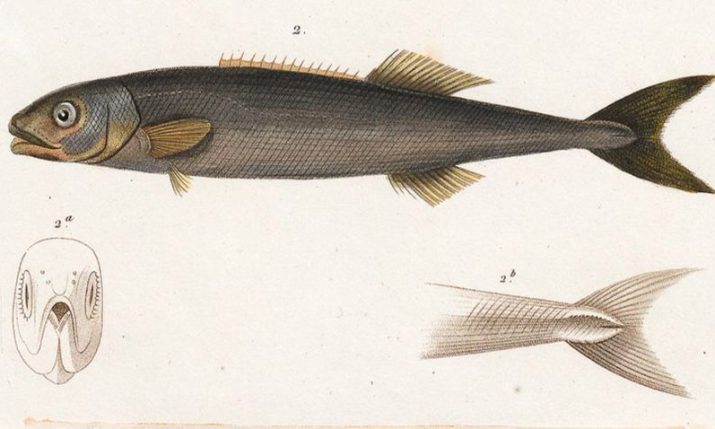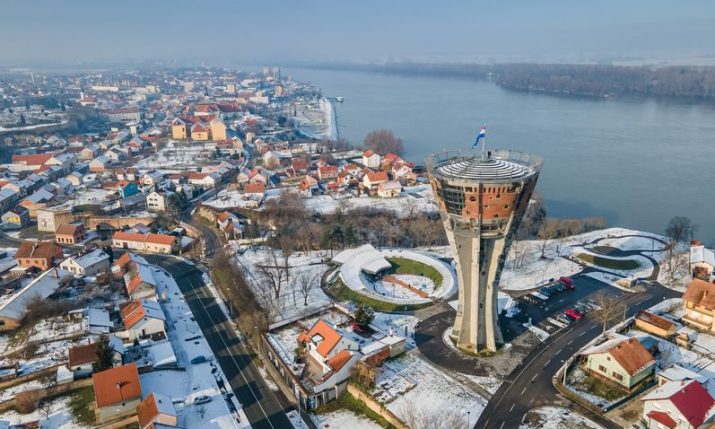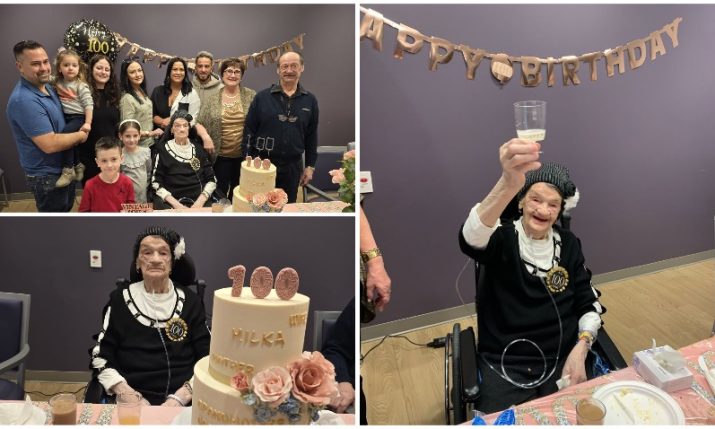The marine litter free Dalmatian Island project
- by croatiaweek
- in News
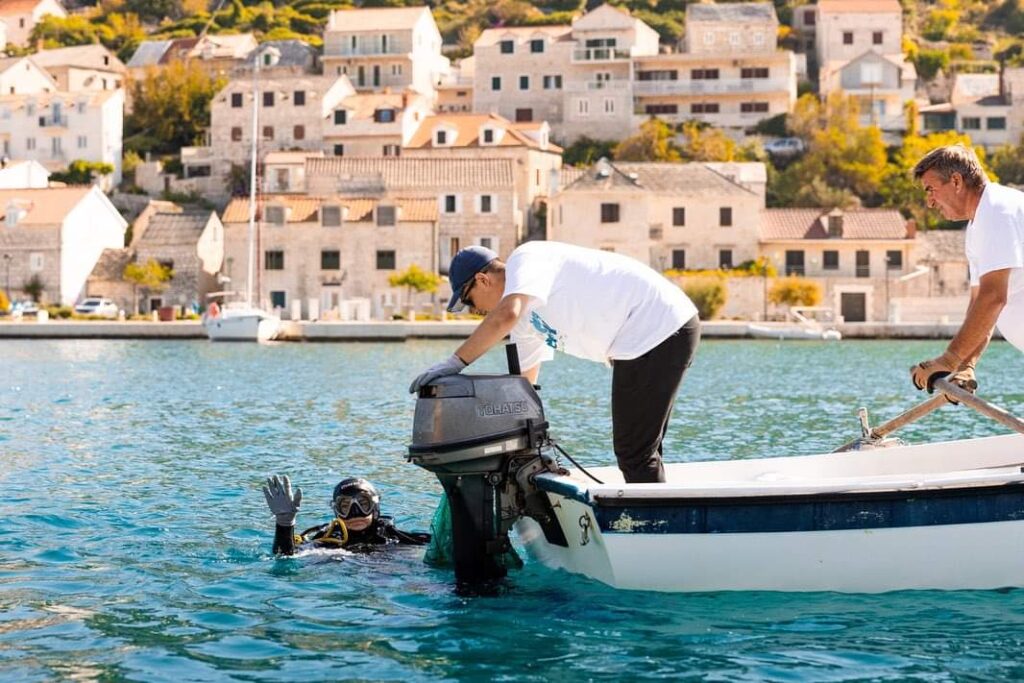
(Photo credit: Sunce)
Marine litter is one of the main threats to our sea and coastline, as evidenced by the amount of waste collected during previous cleaning actions by the Sunce organisation in Croatia.
In total, two tons of various marine litter have been collected. However, the most abundant type is plastic, with 700 kilograms, or 21,153 pieces, found in the marine and coastal environment.
To raise awareness about this issue, a workshop on the composition and quantity of marine litter was organised for the students of the Pučišća Elementary School on the island of Brač as part of the Marine Litter Free Dalmatian Island project.
“Our students in Pučišća are committed to clean seas and shores! During our cleaning efforts, we found a large amount of plastic, with plastic caps being the most common,” concluded a student based on their experience within the school’s ecological group.
These students are part of ecological groups within their school, so marine litter pollution is not entirely unfamiliar to them. They have noticed large amounts of marine litter on the outer shores of the island, especially during the summer months.
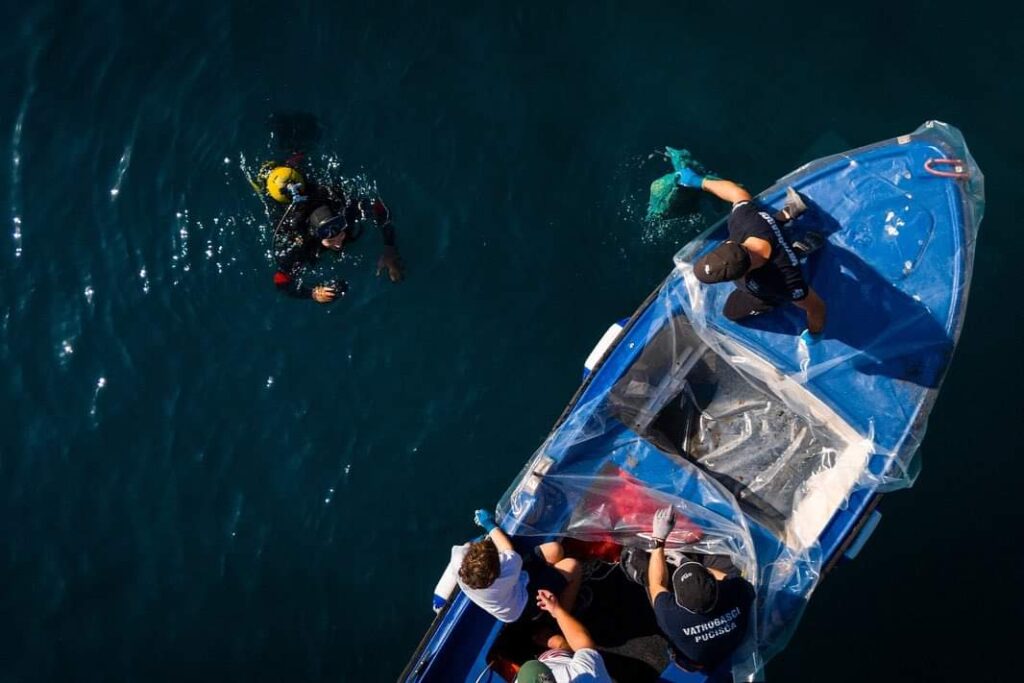
(Photo credit: Sunce)
Therefore, their participation in the project is crucial to contribute to the preservation of the sea and a cleaner future for the island.
“With the support of our teacher, Ana Marčić, and the school principal, we participated in beach and cove cleaning actions near Pučišća. The outer parts of the island of Brač are inundated with various types of waste,” said a student who is part of the ecological group.
Through the conducted workshop on the composition and quantity of marine litter, students gained a deeper understanding of the harmful effects of marine litter, especially plastics, on the sea and coastline.
Besides recognising the importance of environmental conservation, they identified ways to reduce the amount of waste ending up in the sea. With the support of the school, parents, and Sunce, the students are ready to reconsider their daily habits and act more responsibly towards the environment, which becomes a key strategy in the fight against waste pollution.
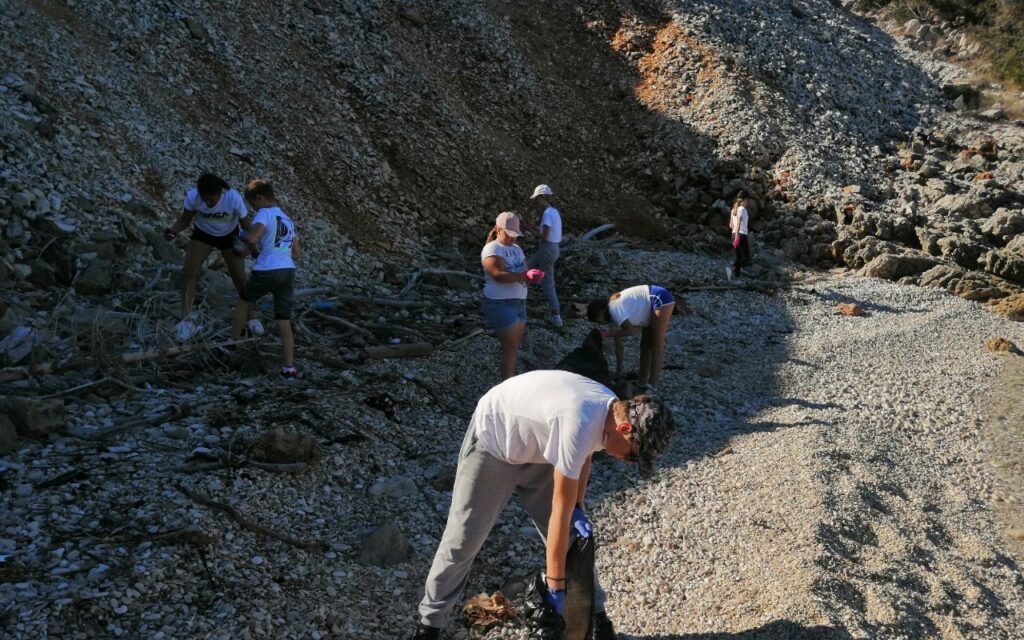
(Photo credit: Sunce)
“We are delighted to participate in this project. I believe our students find this experience interesting,” said Daniel Šantić, the school pedagogue.
Protocol for monitoring marine litter
What marine litter is, where it is most abundant, and its impact — these are just some of the questions we collectively answered.
Educational activities resulted in strengthening knowledge about marine litter pollution, expanding understanding of the impact of microplastics, and becoming familiar with the long-lasting degradation of certain items in the sea.
After identifying a range of consequences of waste pollution, to further monitor the pollution status of our coastline, we introduced the students to the Protocol for monitoring marine litter.
The implementation of this Protocol by various stakeholders establishes a system for continuous data collection on the quantity and composition of marine litter.
To commence monitoring the pollution status of Pučišća’s coastline, students will diligently collect, sort, and list marine litter within the Protocol during each of their future cleaning actions.
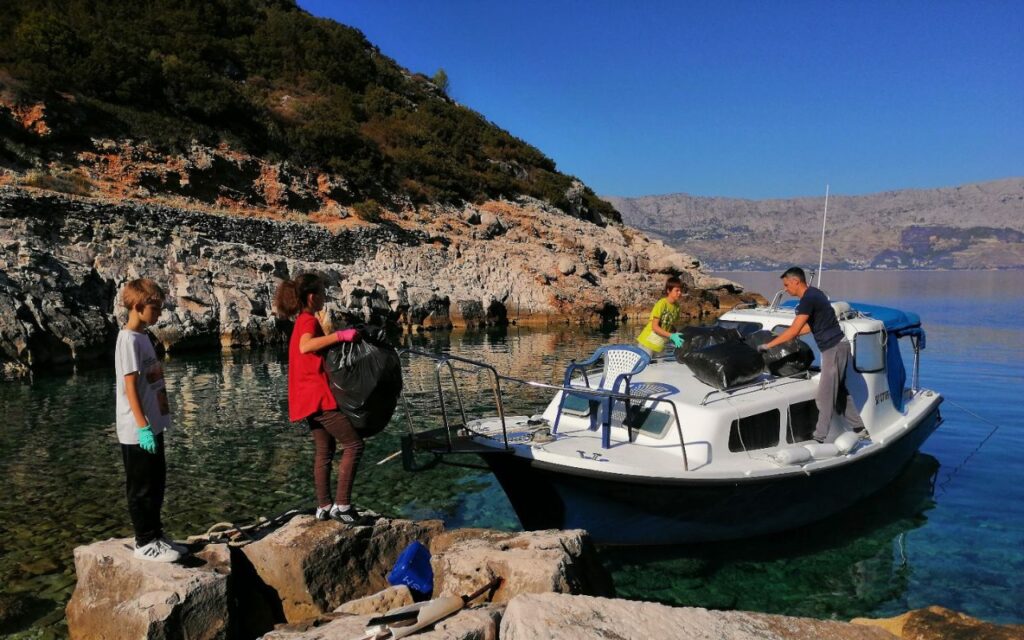
(Photo credit: Sunce)
Pučišća Elementary School is enriched with a new experience, new knowledge, and new skills. Each subsequent inventory and count of waste in Pučišća will contribute to Sunce’s effort and commitment to cleaner seas and shores.
“The point is not just constant cleaning. A smaller amount of waste results in less waste in the sea and on the shore,” added Siniša Lučić Lavčević, the school principal.
In addition to the students’ interest and involvement, teachers and school staff participated in a communication and advocacy workshop to accurately inform the public about their efforts and commitment to environmental protection. Pučišća Elementary School serves as an example of good practice, as evidenced by numerous school activities.
“Pupils explore ecological topics, both broadly and narrowly defined, which are an integral part of our school curriculum, school and international projects, as well as extracurricular activities. By exploring and studying the cultural and natural heritage of their homeland, students not only get to know and understand it better, but also develop positive emotions and desirable value attitudes towards it. Thus, cognitive and affective prerequisites necessary for a positive and sustainable relationship with the environment in which we live are created,” says Daniel Šantić, the school pedagogue.
By participating in international projects such as MED-EDUC and CLI.C.K FOR SCHOOLS, Erasmus+ projects, Pučišća Elementary School establishes partnerships with institutions from various Mediterranean countries. Such projects enable the exchange of good practices and the implementation of innovative methods in environmental education.
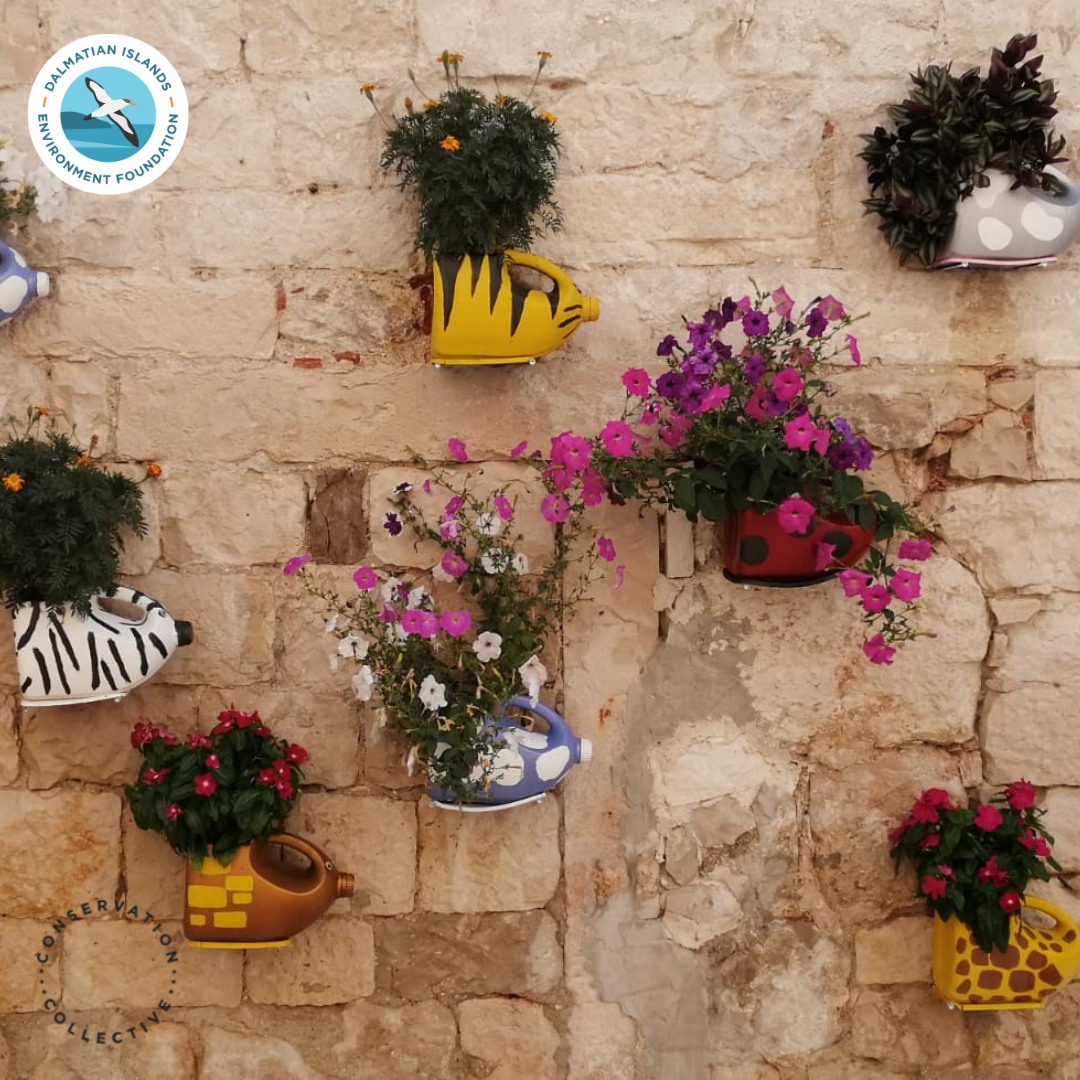
(Photo credit: Sunce)
Two groups dedicated primarily to ecological topics operate in the school — Eco Activists and Eco Producers. These are groups of older students led by geography and biology/chemistry/nature teachers.
“The main purpose of these two groups is to educate students in a spirit of positive attitudes towards natural resources and to acquaint them with important ecological issues at the local and global levels, awakening awareness of the need for environmental protection among students and in the local community,” said Ana Marčić, a history and geography teacher.
When they are not in the field, these groups educate students about ecological topics and involve them in various activities that highlight the importance of recycling, reusing items, and reducing waste.
Eco Producers
For several years, Eco Producers have been producing, among other things, ecological soaps. The two main ingredients of these soaps are olive and lavender oil.
Driven by the desire for a quality product and comprehensive control of the production process, they decided to independently secure the necessary main ingredients.
Last autumn, students involved in our ecological groups, accompanied by supervising teachers, the principal, and the school handyman, went to harvest organically grown olives.
After the harvest, in a modern facility in Pučišća, the olives were processed using cold pressing, following the recommendations of agronomy experts. Some olives were used for preservation, while the rest were used to make homemade olive oil soap, with the addition of their fragrant local lavender.
“We are trying to independently secure resources for lavender oil as well. Branches were cut from old autochthonous lavender in the vicinity of Gornji Humac and prepared for the rooting process. The prepared branches were placed in a mixture of soil and humus in the classroom and given the necessary amount of moisture. A total of 274 seedlings were prepared. They will be planted at two locations, the main school and the branch school, to monitor and possibly identify differences in seedling development. This will cultivate the desired lavender species, and students will better understand the process and the plant,” said Simona Širković Martinić, a biology and chemistry teacher.
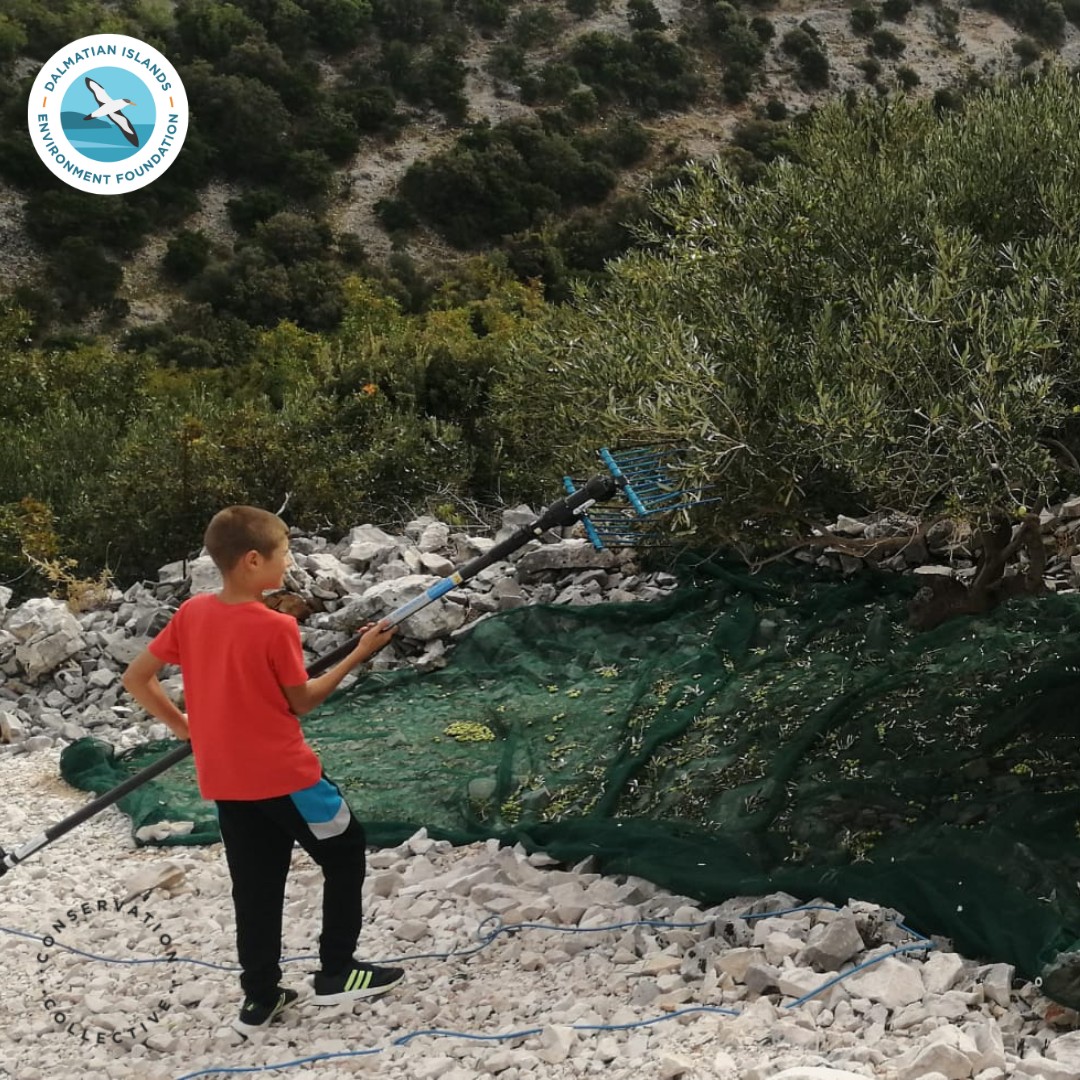
(Photo credit: Sunce)
In the coming weeks, as the rooting process progresses, group members will prepare the soil for future plantings.
Eco Activists
As the name suggests, Eco Activists focus more on ecological actions in the local community. Last year, this group started beach and cove cleaning actions near Pučišća.
Under the guidance of teacher Ana Marčić, and with the help of Principal Siniša Lučić Lavčević and his boat, students cleaned Third Harbour, the bays of St. Stephen, Sladiola, and Lozna. Since Lozna was overwhelmed by a large amount of garbage, it was decided to start this year’s actions by returning to this beautiful but polluted bay.
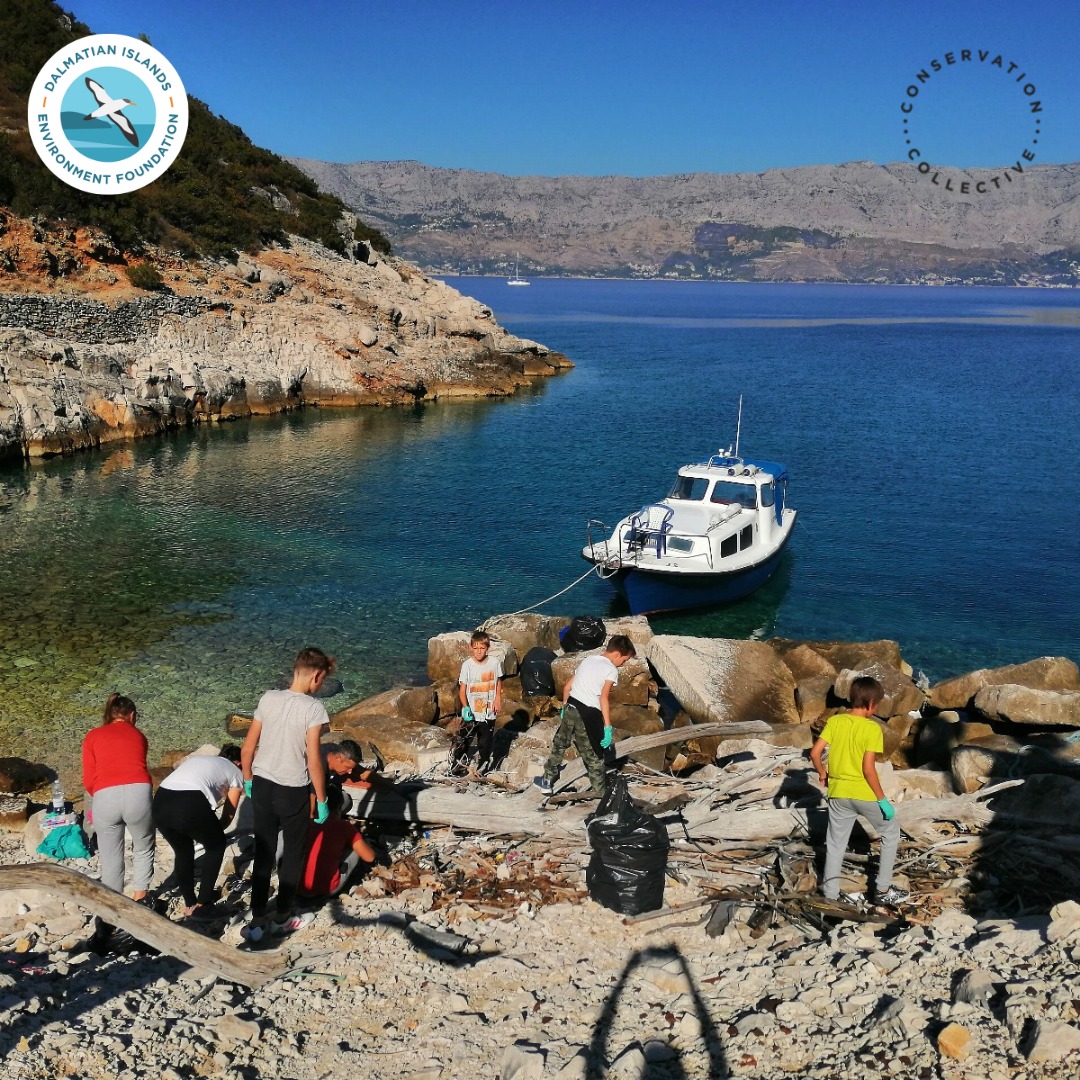
(Photo credit: Sunce)
Once again, diligent hands filled a boat with waste from the bay, mostly plastic. It was evident on the spot how much plastic pollutes the environment and how important it is to remove it from nature.
“Additionally, last October, we participated in a major underwater cleaning action in Pučišća Bay organised by the Pučišća Municipality Tourist Board, with about ten divers, firefighters, and numerous volunteers taking part. Our students assisted in pulling out and sorting the waste, and one of our students even dived under the guidance of his father, a diver. We continue with ecological actions to free our bays from waste. And this is very well complemented by our cooperation with the Sunce organisation,” concluded the school representatives.
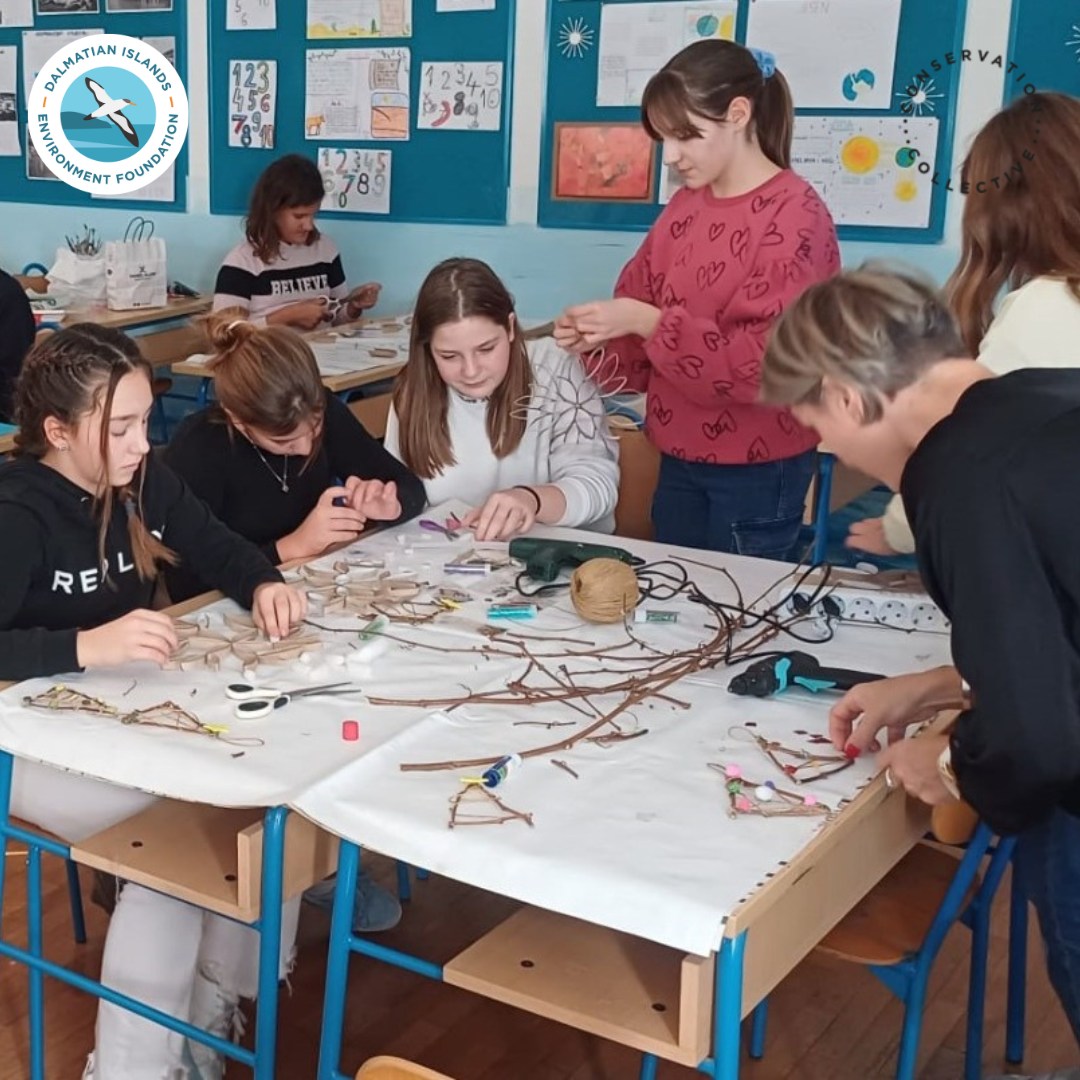
(Photo credit: Sunce)
With the knowledge gained from the Marine Litter-Free Dalmatian Island project, the school has the opportunity to actively encourage its residents to behave responsibly towards the environment and to engage local or national decision-makers in establishing a more efficient waste management system.
After the education on marine litter, a major cleaning action is planned for May. Through this cleaning action, we will contribute to removing waste from the environment and raising awareness among the local community, thus promoting environmentally responsible behaviour among residents.

